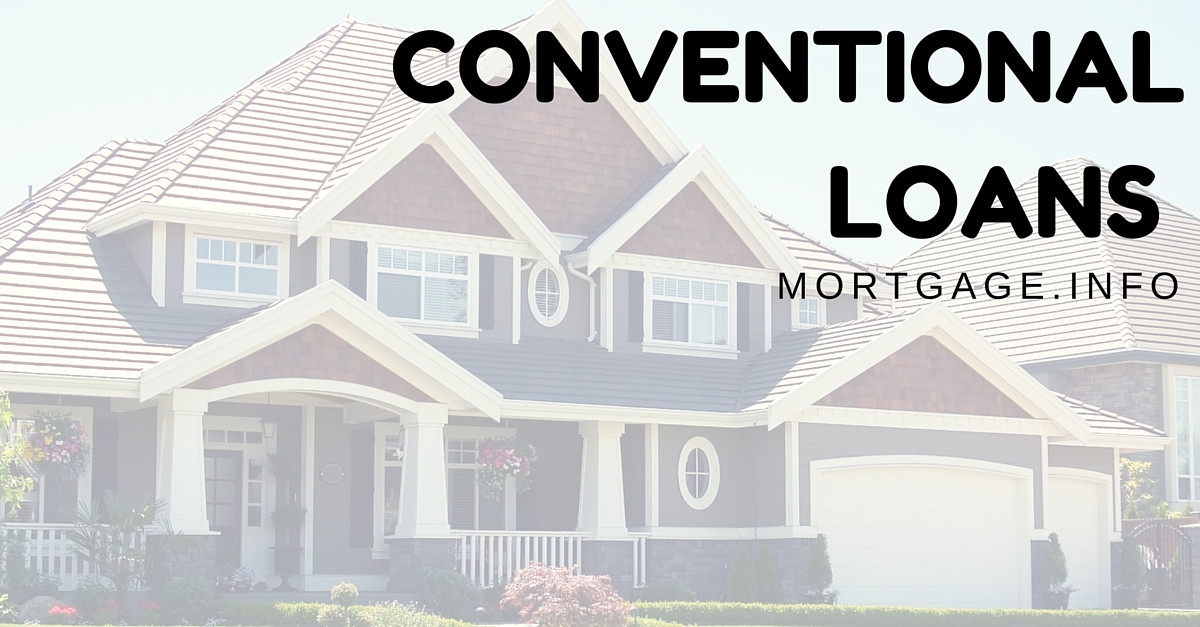What is a conventional loan?
A conventional loan is a mortgage that is not backed by the federal housing administration (FHA) and the Department of Veteran Affairs (VA). Conventional loans are also known as Conforming loans because they conform to the guidelines established by Fannie Mae and Freddie Mac. FNMA FRMC are government-sponsored enterprises to make mortgages more available and affordable.
Mortgages that fall under the conventional loan title include:
- Conforming loans
- Non-conforming loans
- Jumbo loans
- Portfolio Loans
- Subprime Loans
Lenders set their own guidelines and regulations on conventional loans so there is a greatly variant scale of qualification and rates. However, these loans are usually a good option for borrowers that may have low credit scores or need special accommodation on their loan. In some cases, a conventional loan can offer more options for the borrower. This can be with the loan term, or the amount of money you need to borrow.
Conventional loans also do not require mortgage insurance and conventional loans require a much lower down payment percentage. These loans are much more flexible by location as well. With some FHA loans, there is a list of county or regions where the loan applies. A conventional loan will give you the flexibility to form a wider lender list, and anywhere in the country.
Conventional Mortgage Pros and Cons
Pros:
No mortgage insurance required if LTV is 80% or lower
Can be used on properties of all types
Can cancel existing mortgage insurance
More loan program options
Can hold more than one conventional loan
More lenders and locations to choose from
No max limit on the loan
Cons:
Higher down payment
Higher rates
Sometimes more difficult to qualify for
Possible prepayment penalty
Conventional mortgage rates, lenders, and guidelines. See available FNMA FRMC conventional loan programs and get qualified.

